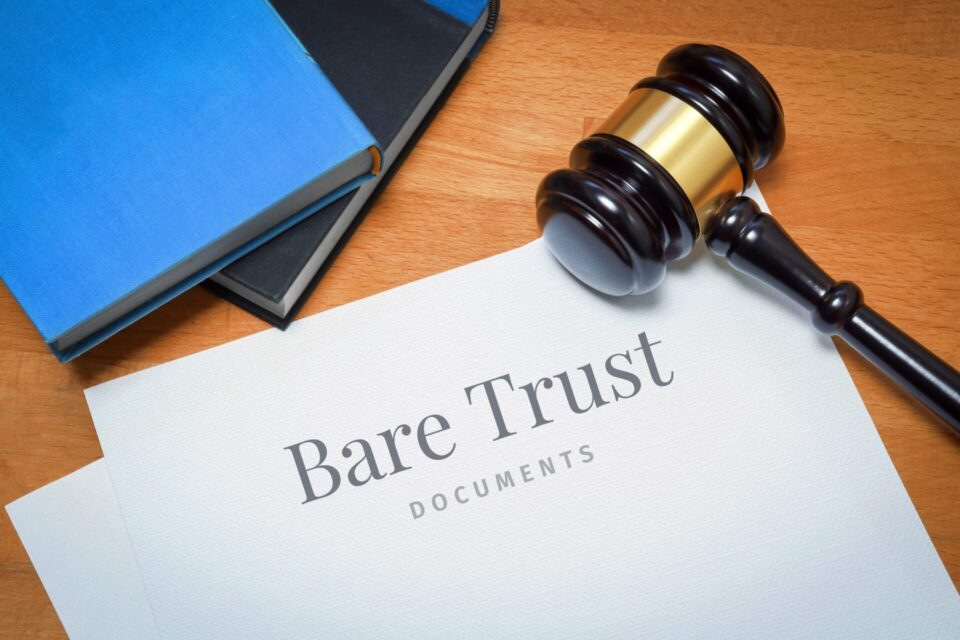Getting a fix on your retirement income
November 14, 2019Claiming a deduction for union or professional dues
December 14, 2019To win elections, politicians need votes. And to run the election campaigns needed to garner those votes, those politicians need an organization, volunteers, and money — a lot of money. To wage the most recent federal election, the major political parties raised and spent millions of dollars, and their task of raising that money was undoubtedly made somewhat easier by the fact that Canadian taxpayers who donated money to political parties or candidate can obtain some tax relief from doing so.
Individuals who donated to the political party or candidate of their choice may or may not be happy with the outcome of the election, but no matter which registered party or candidate they donated to, it will be possible for them to claim a federal tax credit for those donations when they file their returns for 2019 next spring.
The credit provided under the Income Tax Act is available with respect to funds contributed to either a registered political party or to candidates running in a federal election. Contributions can be made at any time, not just during an election campaign, as long as the donation is received by an official candidate or a registered federal political party or association.
While the parties which currently hold seats in the House of Commons are, of course, the most well-known, there were in fact 21 political parties registered and in good standing with Elections Canada for purposes of the 2019 federal election. They are as follows, in alphabetical order:
- Animal Protection Party of Canada
- Bloc Québécois
- Canada’s Fourth Front
- Canadian Nationalist Party
- Christian Heritage Party of Canada
- Communist Party of Canada
- Conservative Party of Canada
- Green Party of Canada
- Liberal Party of Canada
- Libertarian Party of Canada
- Marijuana Party
- Marxist-Leninist Party of Canada
- National Citizens Alliance of Canada
- New Democratic Party
- Parti pour l’Indépendance du Québec
- Parti Rhinocéros Party
- People’s Party of Canada
- Progressive Canadian Party
- Stop Climate Change
- The United Party of Canada
- Veterans Coalition Party of Canada
Donations to any one of these registered parties, within prescribed limits, would qualify for the federal political contribution tax credit.
Official candidates can, of course, be running either as candidates for one of the registered parties or as independents. Elections Canada provides a list of confirmed candidates who ran in this year’s federal election, and that list can be found at https://www.elections.ca/content2.aspx?section=can&document=index&lang=e.
The federal political tax credit is calculated as a percentage of donations given. However, the credit percentage decreases as contributions amounts increase, and no credit at all is given for donations in excess of $1,275. The credit percentages allowed at different contribution levels are as follows:
| Contribution amount | Allowable tax credit |
| $0.01 to $400.00 | 75% of the contribution |
| $400.01 to $750.00 | $300 + 50% of the contribution over $400 |
| $750.01 and over
|
$475 + 33⅓% of the contribution over $750 |
The maximum credit claimable in any taxation year by a single taxpayer is $650. Once the math is worked out, it becomes clear that the maximum credit obtainable is reached once contribution levels reach $1,275.
Contribution amount Allowable tax credit
$400 × 75% = $300
$350 × 50% = $175
$525 × 33.3% = $175
$1,275 $650
Where donations exceed $1,275 in any one taxation year, no tax credit can be claimed on the “excess” donation. As well, there is no provision which allows the taxpayer to carry over any “excess” contributions to a subsequent taxation year, meaning that no credit will ever be obtainable with respect to those “excess” contributions.
Many Canadians who are committed to a particular political party or candidate volunteer their time during a nomination or election campaign – canvassing for the candidate, putting up election signs or telephoning voters to encourage them to vote for the candidate. However, in such cases, the work must be its own reward, as no income tax receipts can be issued for most such non-monetary contributions and consequently no credit can be claimed for the value of any non-monetary contribution (including volunteer hours) donated.
Where a qualifying contribution is made, an official receipt must be issued in order for the tax credit to be claimed. During an election campaign, the official agent of a candidate issues that receipt, and it must be issued between the time the candidate is officially nominated and election day. Outside an election period, any receipts are issued by the registered agent of a political party or association. A receipt must be issued, in paper or electronic format, for every contribution over $20.
The actual credit for qualifying donations made is claimed on the tax return for the year in which the contribution was made. The amount of the credit is calculated (according to the formula outlined above) on the Federal Worksheet and the amount of the actual credit entered on line 410 of Schedule 1 of the federal tax return. By the time the 2019 return is filed, of course, the election will long since have been concluded, the newly elected government will be in place in Ottawa, and the taxpayer will be in a position to assess whether it was, in fact, money well spent.
The information presented is only of a general nature, may omit many details and special rules, is current only as of its published date, and accordingly cannot be regarded as legal or tax advice. Please contact our office for more information on this subject and how it pertains to your specific tax or financial situation.


